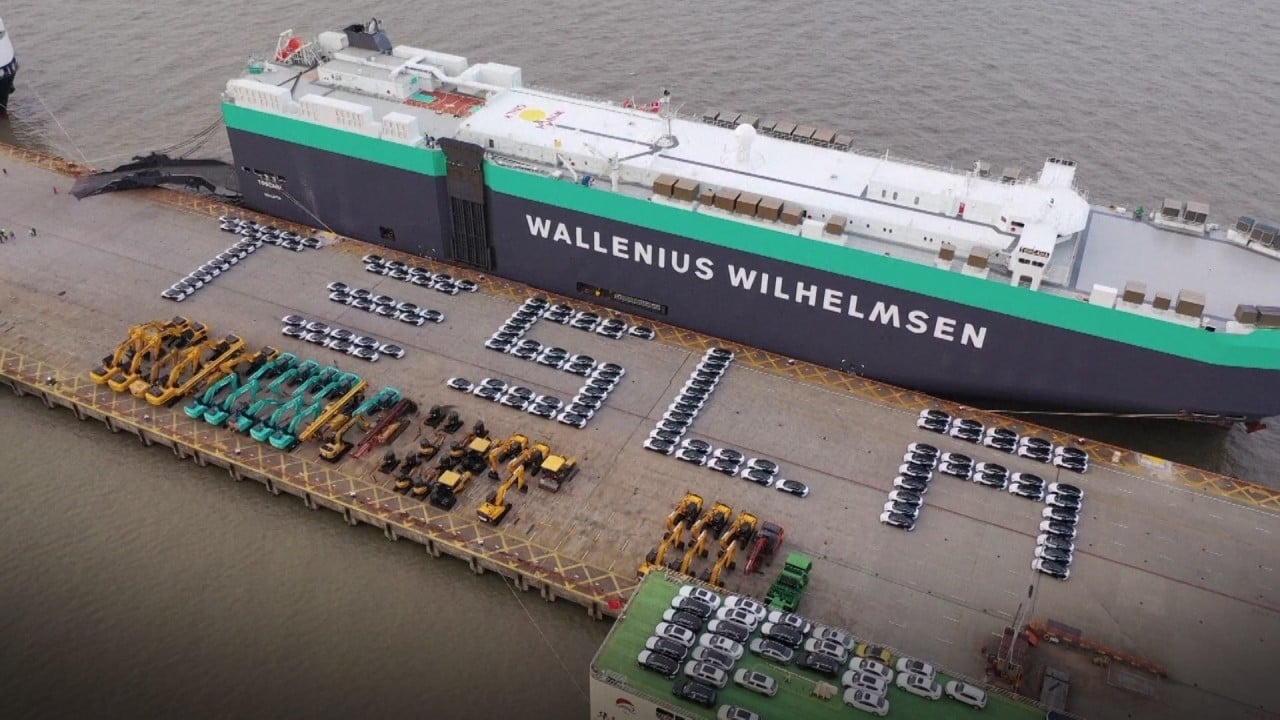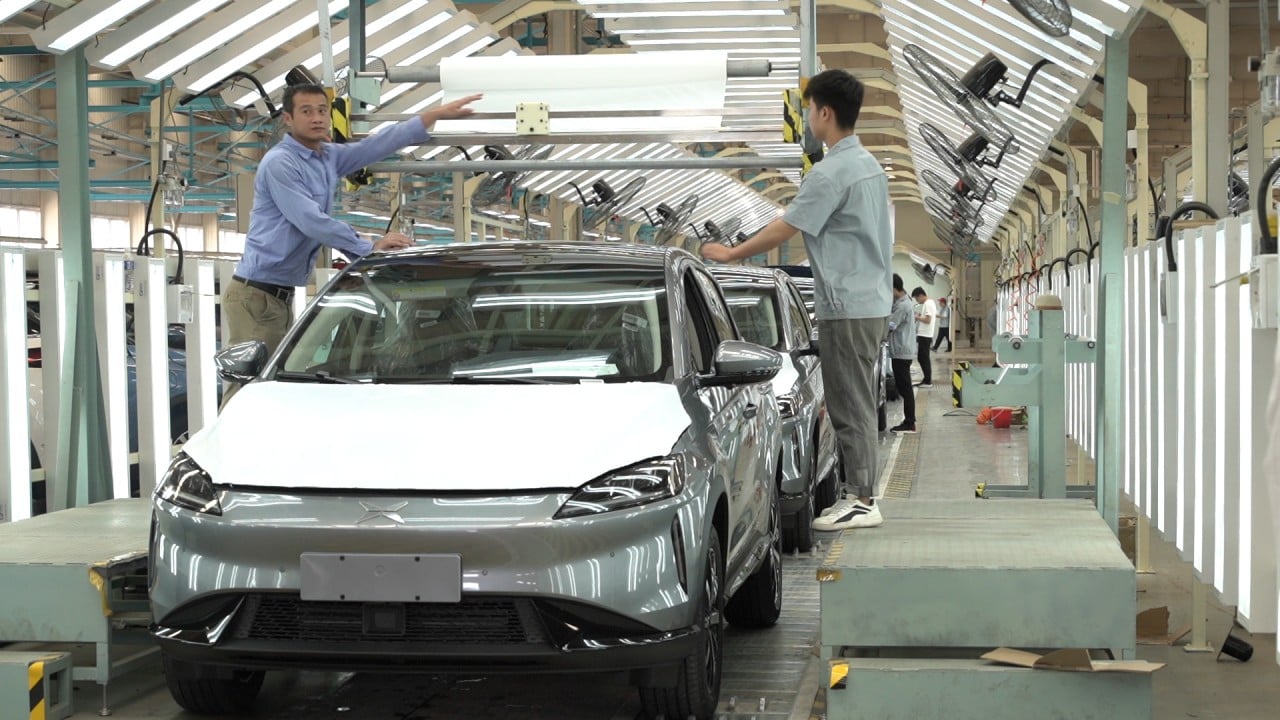
Tesla drops lawsuit against former engineer, ending theft allegations that dragged in Chinese competitor Xpeng
- Tesla had accused Cao Guangzhi, an engineer, of misappropriation of trade secrets, breach of contract and breach of the duty of loyalty
- Terms of settlement are confidential, but include a monetary payment to be made by Cao to Tesla
“Xpeng is pleased that Tesla and Cao have finally resolved their disputes,” in particular arriving at a resolution “that allows Cao to move forward with his career,” the Guangzhou-based carmaker said, adding that Xpeng was never a party to the law suit. Tesla executives in Shanghai declined to comment.
Tesla had accused Cao of misappropriation of trade secrets, breach of contract and breach of the duty of loyalty, in a lawsuit filed with the United States District Court, Northern District of California. The carmaker claimed that during his employment with Tesla, Cao took copies of source code related to its Autopilot system by uploading it to his personal iCloud account, and that he retained these copies after he resigned in January 2019 and began working for Xpeng in breach of his agreements with Tesla and state and federal law.
The Chinese carmaker says its Navigation Guided Pilot self-driving system was developed independently using proprietary coding and had nothing to do with Tesla’s system.
“After two years of extensive discovery, including against Xpeng, Tesla failed to find any substantive evidence that supports its allegations and innuendos against Xpeng,” the carmaker said in a statement. “Tesla has failed to show any evidence that Xpeng ever possessed, let alone used, any Tesla information from Cao.”
Tesla claimed that it was significant that both engineers sought jobs with Xpeng around the same time and allegedly used the same “difficult-to-trace” method – Apple Airdrop – to take sensitive files from their American employers, Bloomberg reported.
Xpeng denied the accusation, noting in its statement that “Tesla has finally dismissed its claims and stopped its search fore evidence that does not exist.”
“Technology innovation is at the core of our foundation and strategy,” Xpeng said. “In our pursuit of popularising smart EVs, we respect any competition. However, we will not tolerate any bullying behaviour or attempt to disrupt competitors. Xpeng fully respects intellectual property rights, and bases its own competitive edge on its in-house proprietary R&D and intellectual property.”



